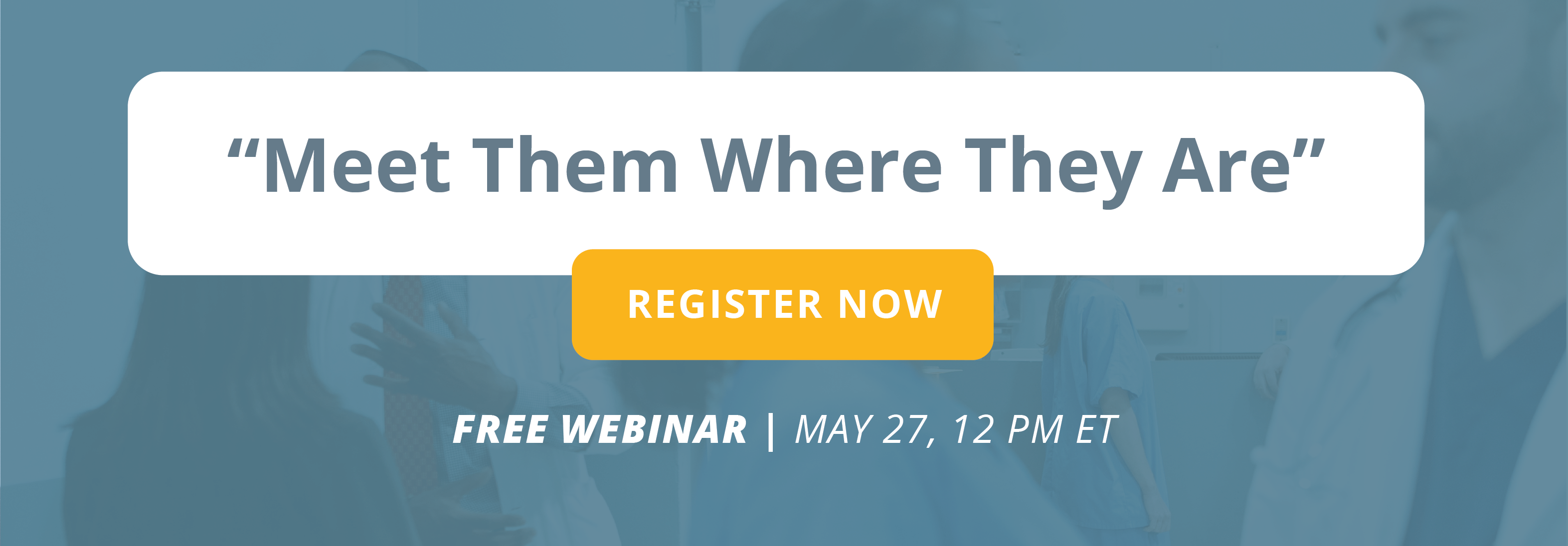Mental health issues are one of the many challenges that the COVID-19 pandemic has highlighted and exacerbated. Because mental health is directly impacted by (and intertwined with) one’s social determinants of health, addressing both mental health and health-related social needs is imperative to truly improve health and provide whole person care. With barriers to proper care being a part of the large inequities populations face, addressing SDOH and the social determinants of mental health isn’t as simple as it should be. Change is needed on all levels, but what can a future of care with community collaboration look like, and how can we get there?
Strategies to Improve Mental & Behavioral Health:
Address Social Determinants of Health
Addressing SDOH can improve and prevent mental illness, but it requires work across the community, government, and organizations in the community. An article by NAMI details that Affordable housing, access to healthy food, economically integrated neighborhoods, and safe, outdoor spaces that promote interaction and exercise all contribute to improved mental health.
Many states are adopting housing-first initiatives to help people experiencing homelessness secure stable housing. It’s reported that 45% of people experiencing homelessness have a mental illness. Lowering that number requires more affordable housing options.
Implement Community-Based Models for Crisis Response
A crisis response system for people experiencing a mental health crisis is one way that communities can come together to effectively address mental illness. The crisis line 988 was established by the Federal Communications Commission intended to be used by people in a mental health, substance abuse, or suicidal crisis. With this number in place in communities, mobile crisis teams can be dispatched, and these workers can make any necessary connections/referrals to other services that may be required for the caller. One model of this is the CAHOOTS model (Crisis Assistance Helping Out On The Streets) being used in Oregon. If someone calls 9-1-1 or the non-emergency police number, the CAHOOTS team gets sent in replace of police, and they will work to provide support in whatever area the caller needs it, whether it’s crisis counseling, suicide prevention, or mediation.
Build Community Partnerships Across Healthcare and Social Services
True collaboration not only means partnerships across health care organizations, but also tapping into the experiences and perspectives of patients and their families. The CHCS’ Community Partnership Pilot works to identify some best practices for engaging these members of the community, including strategies such as community-based participatory research, human-centered design, results-based accountability, and collective impact. Hennepin Healthcare, a healthcare system in Minneapolis, is taking part in this pilot to understand their community’s barriers to accessing mental health care, and ways to break down these barriers.
Find Inspiration from Communities Taking Action
We’re seeking consensus at the state and federal level on what is needed for new legislation, funding, and action to be taken. Here’s a quick overview of what’s progressing across the country:
- States are utilizing Medicaid accountable care programs to improve the delivery of behavioral health services. With Medicaid being the largest payer of behavioral health care, states such as Colorado, Minnesota, and Rhode Island have seen improvements in their programs, with increases in Medicaid enrollees who receive behavioral health services and improved mental health screening performance of providers.
- The Substance Abuse and Mental Health Services Administration (SAMHSA), is dispersing $3 billion for mental health and substance use block programs.
- Mental Health Justice Act of 2021 - Introduced in February, this bill creates a grant program for states and local governments to train and dispatch mental health professionals to respond, instead of law enforcement officers, to emergencies that involve people with behavioral health needs.
- The Pursuing Equity in Mental Health Act (H.R.1475) - “To address mental health issues for youth, particularly youth of color, and for other purposes.”
- H.R.432 - Mental Health Access Improvement Act of 2021 - “To amend title XVIII of the Social Security Act to provide for the coverage of marriage and family therapist services and mental health counselor services under part B of the Medicare program, and for other purposes.”
Consider the Role of Technology
With one platform to store all patient data, including SDOH data, medical, and behavioral health, care organizations can better understand the full story of their patient, and connect them to the right services and resources. Not only should organizations have easy access to their patient’s history so they can provide informed care, but they also should easily be able to refer patients to services in the community and track their patients’ progress to fully close the loop.
